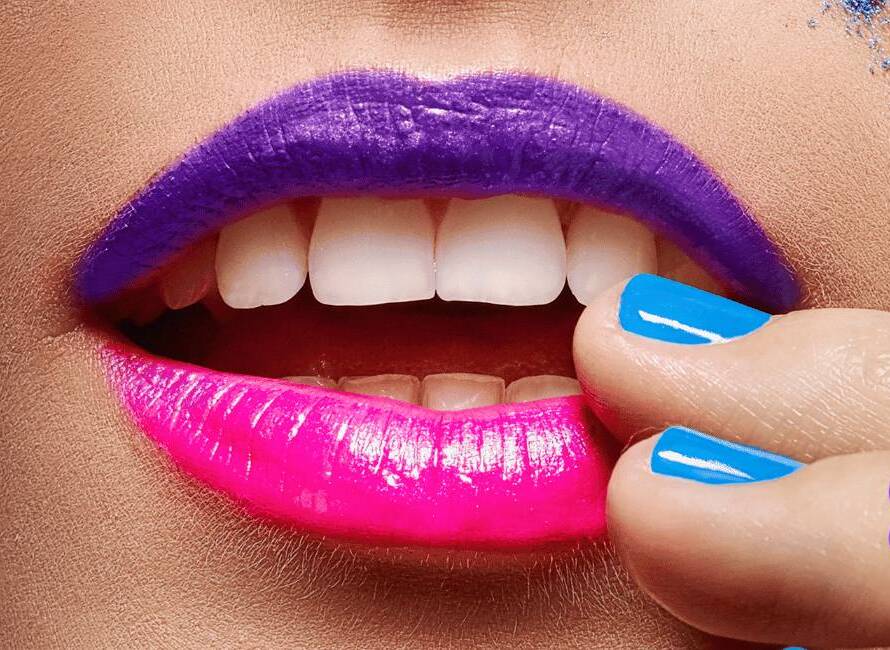The Reality of Influencer Trustworthiness
Is the trust in influencers real or just a facade? It’s a big question, but let’s get right to it. Ready to discover where you stand on the trust scale?
Picture this: 80% of shoppers are swayed by influencers. And in 2024, for every dollar spent on influencer marketing, brands are seeing $5.20 come back. That’s a whopping 420% ROI! Influencers are shaping what we buy and how we think about products, but what does this mean for trust?
When we look at social media, authentic content, and brand deals, the debate about influencer trustworthiness is hotter than ever. Do you feel a sense of pride or a twinge of doubt when you call yourself an influencer?
In today’s blog, we’re unpacking it all. We’re looking about the ties between influencers, brands, and the people who follow them. It’s all about being transparent, real, and truly engaging. And I’m not just throwing opinions around – I’ve got some solid stats and facts that you can use to show brands just how trustworthy and influential you really are.
So what does being a trustworthy influencer really mean? Let’s get into it.
The State of Influencer Marketing
First up in the trustworthiness, discussion let take a look at the state of influencer marketing and why this is important for you to understand.
We all know influencer marketing is a space that’s seen remarkable growth, particularly on platforms like Instagram, TikTok and YouTube. These dominant platforms are playgrounds for influencers, where they connect, create, and convert their followers into customers.
And let’s talk about diversity – the influencer landscape is no longer just about the big names. We’re seeing a significant rise in micro-influencers who are making a massive impact. Their strength? Authentic connections with their audiences. They’re not just influencers; they’re trusted voices within their communities. This shift is changing how brands approach influencer marketing, making it more genuine, more targeted, and incredibly effective.
Understanding this in terms of trustworthiness is important because:
🌐 Knowing the dominance of platforms like Instagram, TikTok, and YouTube helps you choose where to focus your content strategy effectively.
💡 The rise of micro-influencers underscores the value of authenticity. Influencers who cultivate genuine connections with their audience are seen as more trustworthy.
🔥 Being aware of trends enables you to stay relevant and trustworthy in the eyes of both your audience and potential brand partners.
🤝 Understanding these dynamics of a brand collaboration strategy will help you align with brands that value your authenticity – as well as their own, which enhances your trustworthiness. (Tip: Listen to Episode 2 – Pricing Your Influencer campaign, where I discuss this in detail.)
Influencer Impact on Consumer Behaviour
In marketing terms, an influencer is someone who has a reputation of authority or expertise and who uses that authority to engage and influence potential buyers of a product or service by promoting or recommending on social media. Oh, that sweet, sweet authority and influence. Wear the title of influencer proudly!
Enough about you for a moment. Let’s look at how you influence consumer behaviour.
DYK a massive 80% of consumers are influenced by your recommendations on social media? Can you see how important your rols is in shaping purchasing decisions? You’re not just influencing; you’re driving real results.
Remember how at the top of the blog I mentioned influencer marketing is delivering an impressive average ROI of 420% to brands? 420% is massive! and isn’t just a statistic – it’s a powerful demonstration of the trust and credibility influencers have established with their audiences.
Building Trust and Authenticity
Righto, I’ve mentioned some impressive stats about how much influence influencers have on consumer behaviour. How do you stack up as individual?
The importance of being transparent and authentic cannot be overstated.
The success of influencer campaigns heavily relies on these two pillars: transparency and authenticity.
Authenticity is not just about being genuine in what you endorse; it’s about aligning with brands and products that resonate with your personal values and those of your audience. Transparency, on the other hand, is about clear communication. It’s about disclosing partnerships and being upfront about sponsored content. I’m going to talk about transparency and disclosure in next week’s episode.
The recent Edelman Trust Barometer Special Report, which is the MVP of trust reports, references evolving consumer expectations. Today’s consumers are looking for more than just a transaction; they want a relationship that extends beyond the initial purchase. They value ongoing engagement and a sense of trust that develops over time. This means your interactions shouldn’t end at the point of sale. Engaging with followers, addressing their concerns, and maintaining a consistent, truthful narrative are key to building and sustaining this trust. With this in mind it’s no surprise that Live Shopping Experiences are a forecast trend for influencers in 2024.
Generational Influence and Trust
Why are generations important? Going back to that big old Edelman Trust Barometer, GenZ are rewriting the rules of purchasing. So, what does this mean for brands and influencers and trust? For one, brands need to realign their strategies to resonate with these values. It’s no longer just about the hard sell. It’s about creating a brand story that aligns with the ideals of Gen Z. This is where influencers come in.
Influencers who understand and share Gen Z’s values can create a deeper connection with this audience. We’re talking about a generation that looks beyond the product, seeking brands that stand for something. This shift demands a new approach to influencer collaborations – one that’s rooted in authenticity and trust.
Are Influencers Trustworthy?
So, are influencers trustworthy?
🌟 We know that you have significant influence on consumer behaviour – a power that comes with challenges and responsibilities.
👍 On one hand, you’re able to sway opinions, drive trends, and impact purchasing decisions. Your recommendations are powerful, and often seen as peer advice rather than traditional advertising. And, this level of influence is built on the trust your audience has in you, a trust which you must continually earn and maintain.
⚖️ On the other hand, you need to constantly navigate the fine line between authenticity and sponcon. There is a real balance in being transparent about brand partnerships while also staying true to your personal brand and the interests of your audience. This transparency is key; when followers feel misled or sense a lack of authenticity, trust can be quickly eroded.
🔄 Another challenge lies in maintaining consistency. Your audience expects a certain standard from you – in terms of content quality, values you stand for, and the brands you choose to collaborate with. Straying too far from these expectations can lead to a disconnect with your audience.
💪 Many influencers successfully manage these challenges by being selective about partnerships, prioritizing brands that align with their values, and being open and honest about sponsored content. This approach not only helps in maintaining trust but also strengthens your own brand in the long term.
So, while the trustworthiness of influencers is complex, marked by both positive influence and challenges, the key lies in striking the right balance. By prioritising authenticity, transparency, and alignment with personal values, you can sustain and grow the trust of you audience, which is the foundation of our influence. And with that, you can proudly say, influencers ARE trustworthy!
Listen in to Episode 27 of The Business Of Influence podcast for more on are influencers trustworthy? And, you can join the discussion in the MOOTS Build Your Career as a Professional Influencer Facebook Group.
Check back on the blog next week as, I’m going to chat about transparency and disclosure on the blog and podcast. Love it, hate it or accept it – understanding and practicing transparency is a key element of being a professional influencer.

